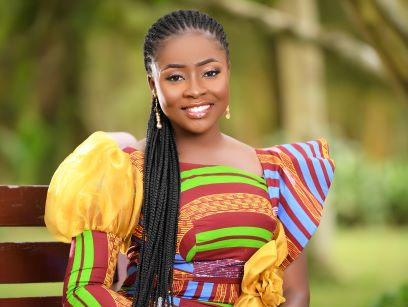Teiya
Teiya, Northern Region representative of the ongoing Ghana’s Most Beautiful reality show, has challenged the long time unique tradition of tribal marks among Ghanaian tribes.
According to her, northerners who she represents should put an end to the tradition. This is because it deforms the facial skin of many young people who are becoming less confident of themselves due to the marks.
Tribal marks are inscriptions on the body by burning or cutting of the skin during childhood. This has been part of Ghana’s culture for a very long time and its primary function is to identify a person’s tribe, family or patrilineal heritage. Some children are also given weird tribal marks due to a belief that it will prevent them from dying.
Performances by contestants on Sunday’s episode of Ghana’s Most Beautiful pageant were dedicated to highlighting cultural practices that deserved to be modernised in the various regions.
Teiya, during her presentation, pointed out that there are better and different ways her people can be identified with their tribes than tribal marks.
She said a lot of young people from the Northern Region have lost self confidence due to some of those marks.
“Take a look at my face. Do you know what this mark has caused me? I have been turned down on job interviews and auditions. I have been left with low self-esteem and confidence. I go through suicidal thoughts all because of these marks and when I asked my parents why all these marks, all they told me was it was to identify me as northerner,” she said.
Children who are given the marks, she added, risked contracting HIV/AIDS and Tetanus infection because the tools used for the marks “are not sterilized.”
“Our beautiful and unique way of dressing is enough for the whole world to identify us as northerners…Not only our dresses but also our names identify us very well as northerners. So we should not deform our skins to prove this. Our culture has travelled far beyond cutting our skins with infected knives…We are the future so we deserve better,” she added to offer solutions to the practice.
By Francis Addo


